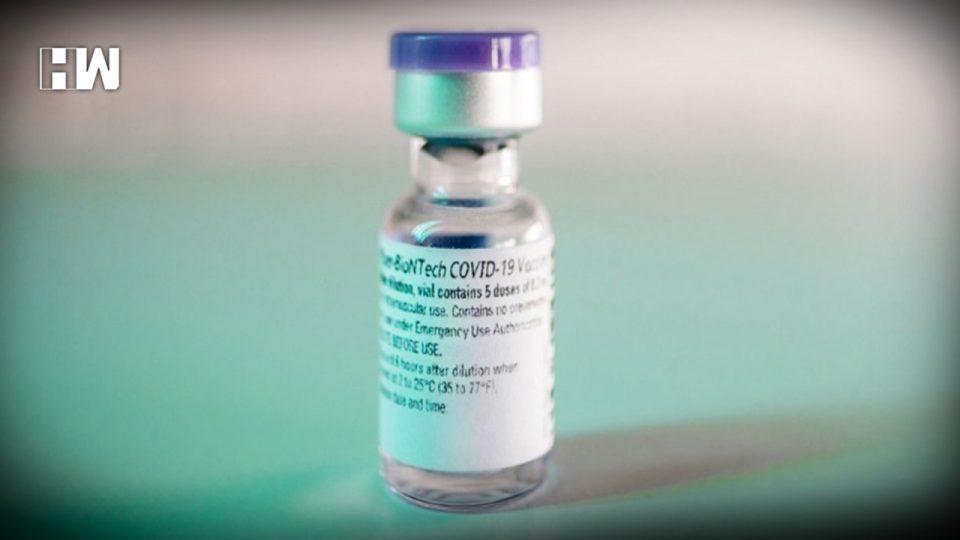With a 1.1 million jab delivery in Rwanda this weekend, the World Health Organization’s multilateral initiative to provide equal access to vaccines for all reached the one billion milestone.
Along with the Coalition for Epidemic Preparedness Innovations (CEPI), the Vaccine Alliance GAVI, and partners, WHO has led the largest vaccine procurement and supply operation in history with deliveries to 144 countries to date.
According to a press release published on Sunday, as of 13 January 2022, out of 194 countries members of WHO, 36 have vaccinated less than 10% of their population, and 88 less than 40%.
“COVAX‘s ambition was compromised by hoarding/stockpiling in rich countries, catastrophic outbreaks leading to borders and supply being locked. And a lack of sharing of licenses, technology, and know-how by pharmaceutical companies meant manufacturing capacity went unused”, the agency explained.
On 24 February 2021, Ghana became the first country in the world to receive vaccines through COVAX when 600,000 doses of the Oxford–AstraZeneca vaccine were delivered to Accra.
The work that remains
COVAX is currently working with governments, manufacturers and partners to ensure that when countries receive vaccines, they can get them to people quickly.
“The work that has gone into this (1 billion) milestone is only a reminder of the work that remains“, the UN’s health agency underscored.
They added that with updated vaccines in the pipeline, citizens should demand that governments and pharmaceutical companies share health tools globally and “bring an end to the death and destruction cycles of this pandemic, limit new variants and drive a global economic recovery”.
COVAX is one of three pillars of the Access to COVID-19 Tools (ACT) Accelerator, which was launched by WHO in April 2020 in response to the pandemic.
The ACT Accelerator is a ground-breaking global collaboration to accelerate the development, production, and equitable access to COVID-19 tests, treatments, and vaccines.
As an independent media platform, we do not take advertisements from governments and corporate houses. It is you, our readers, who have supported us on our journey to do honest and unbiased journalism. Please contribute, so that we can continue to do the same in future.

